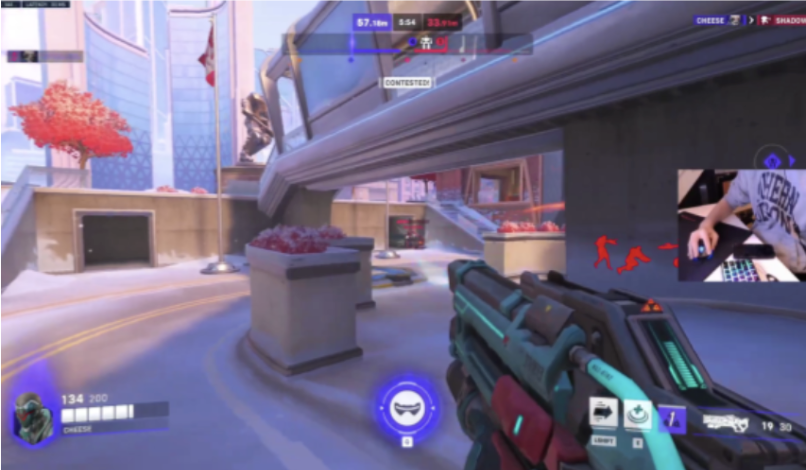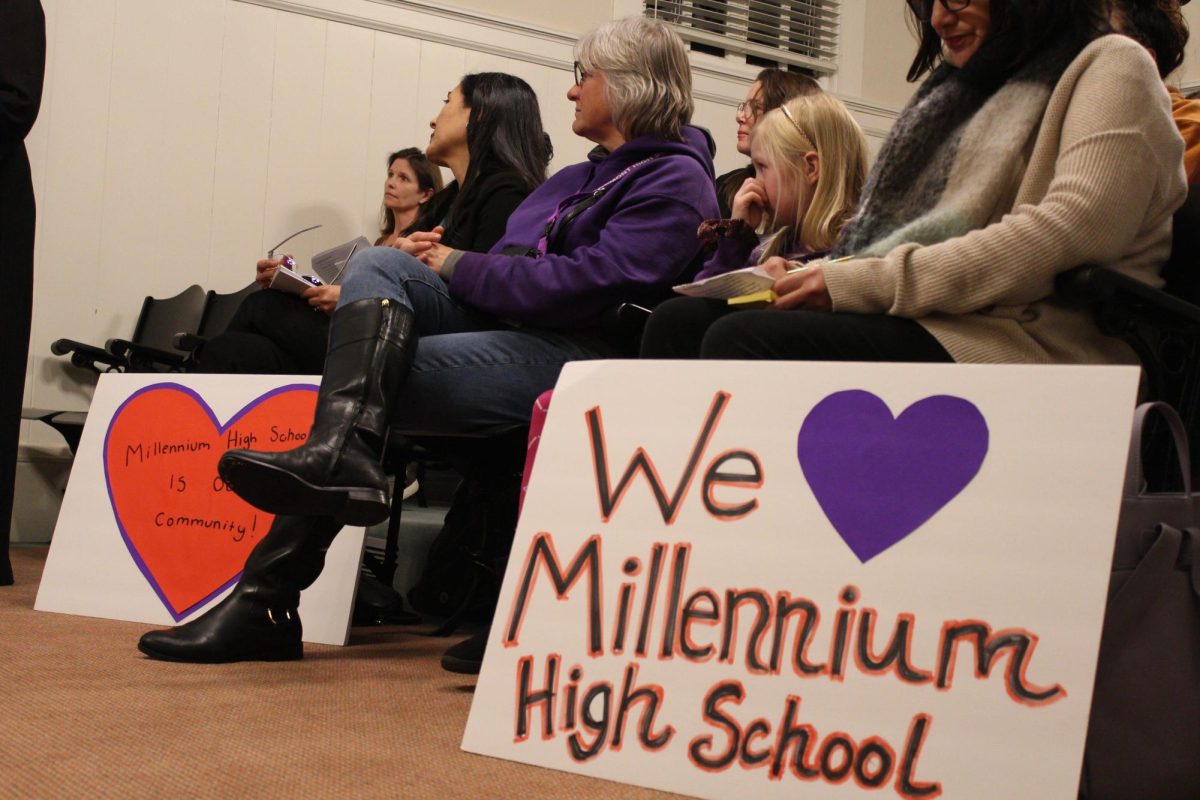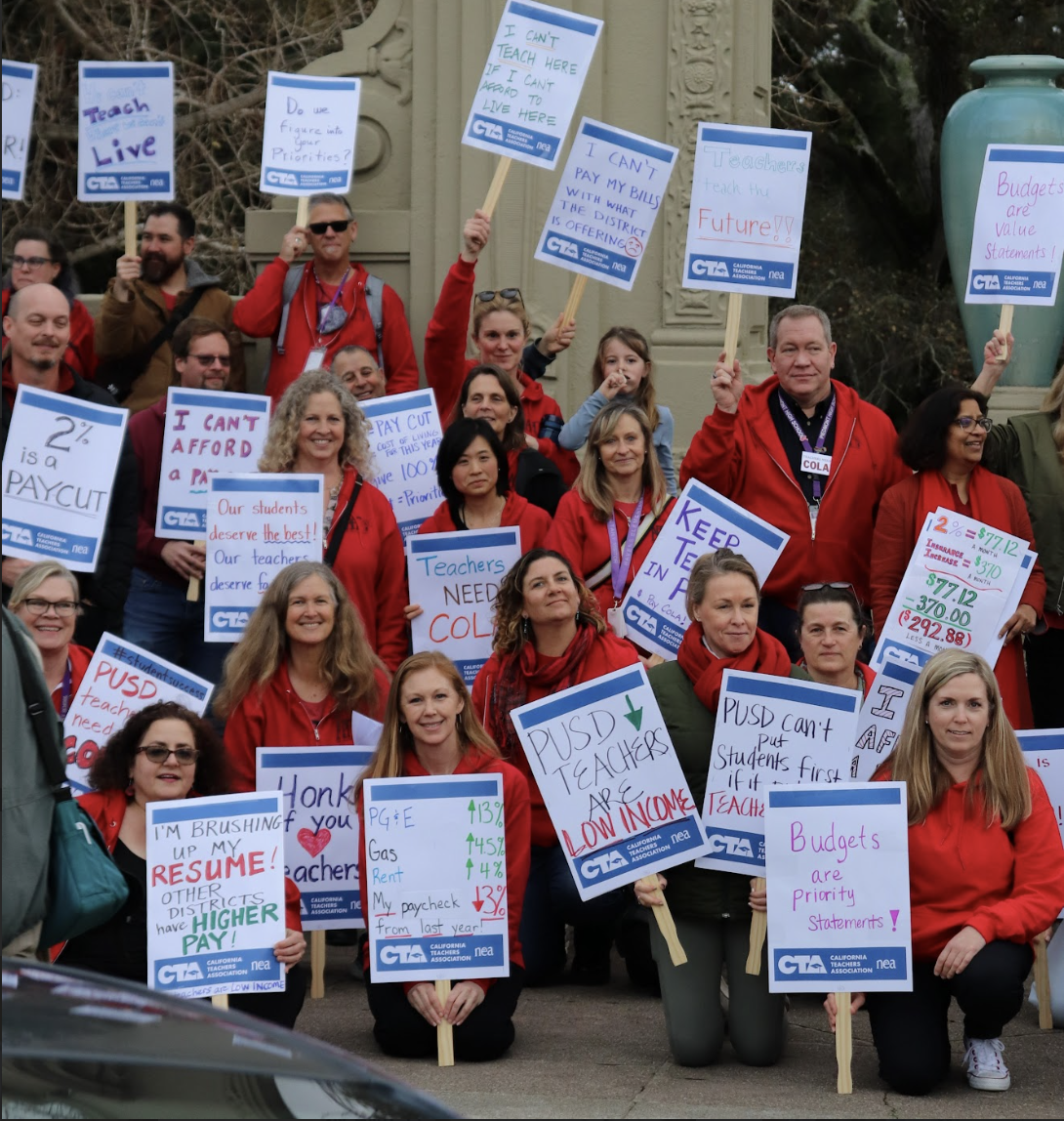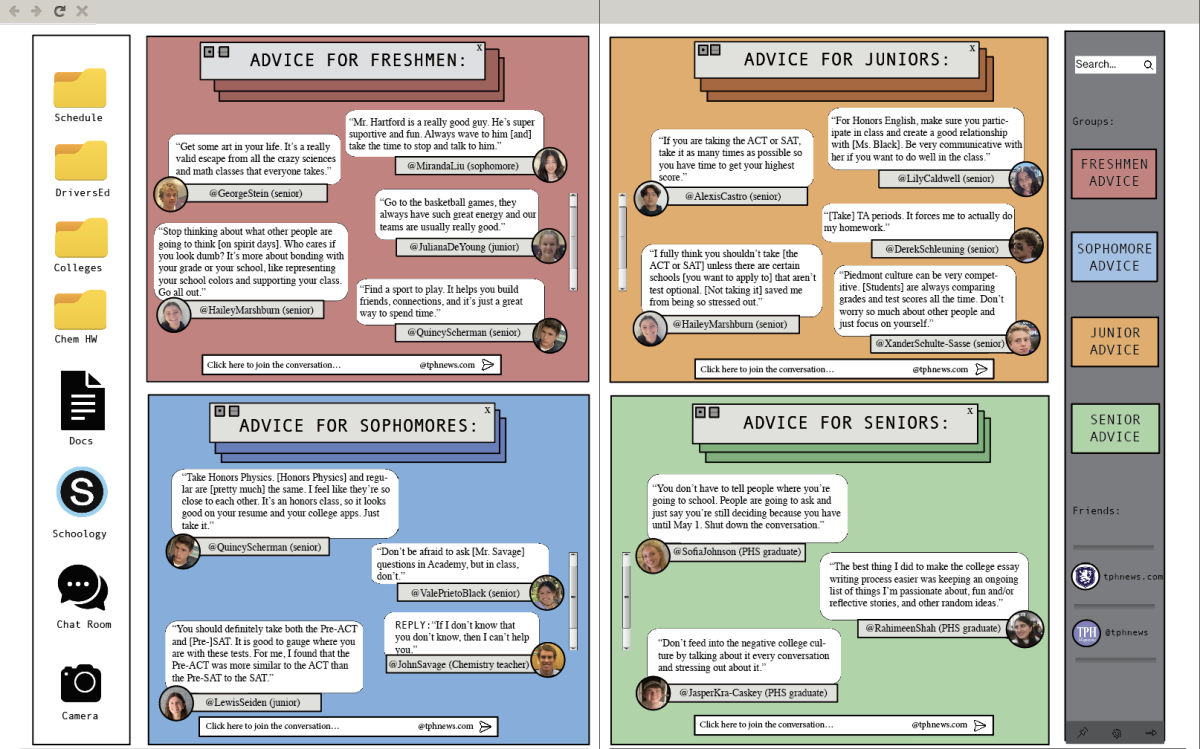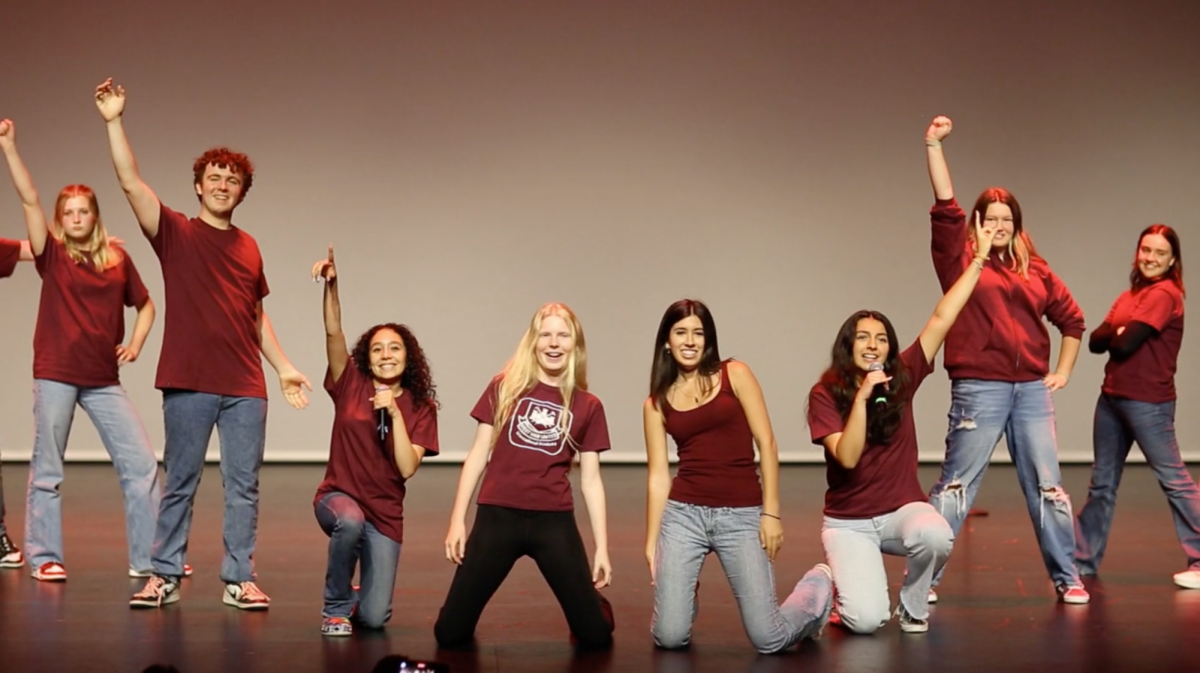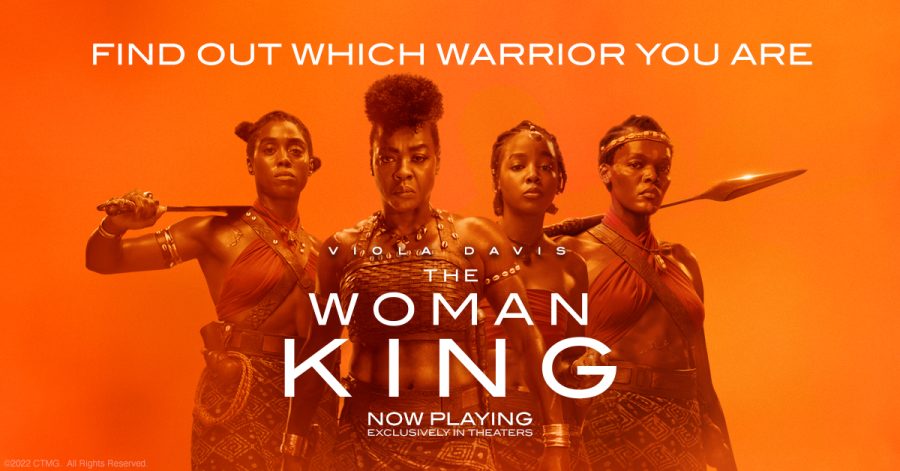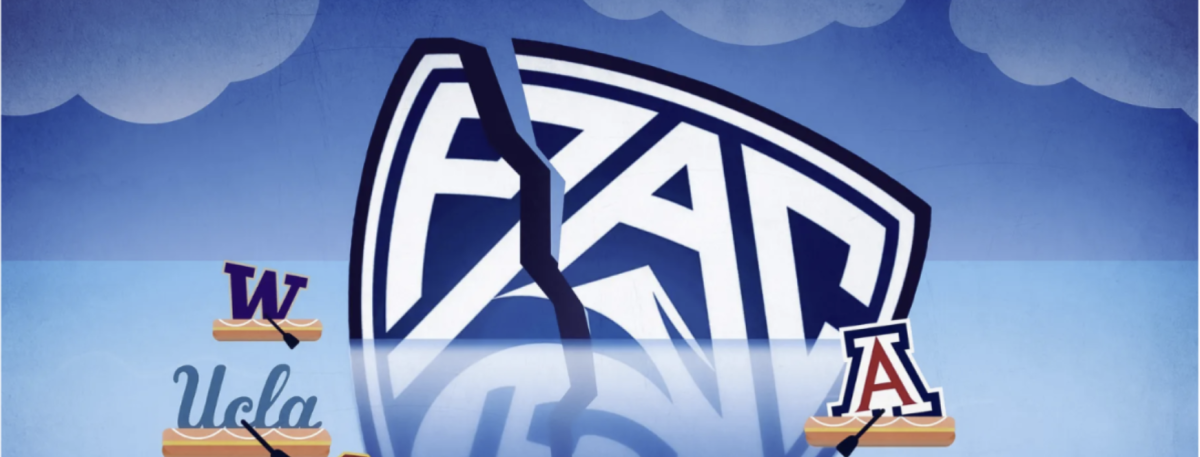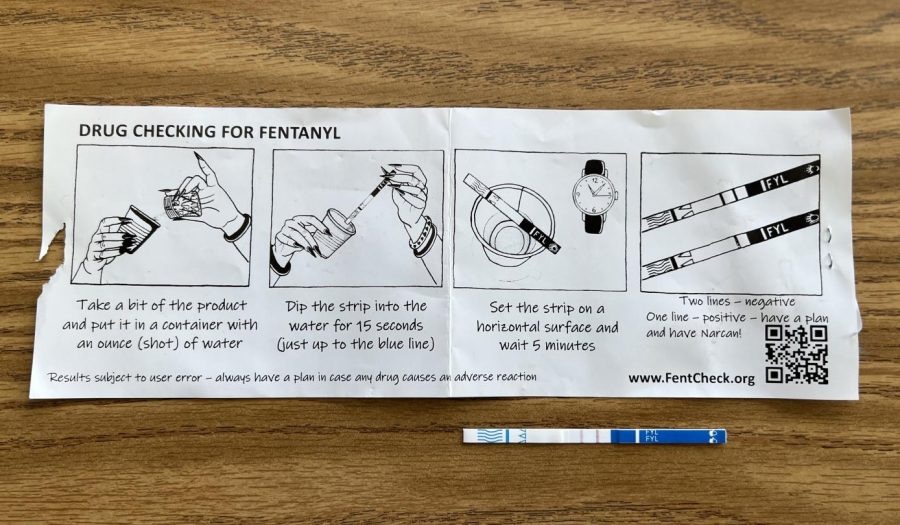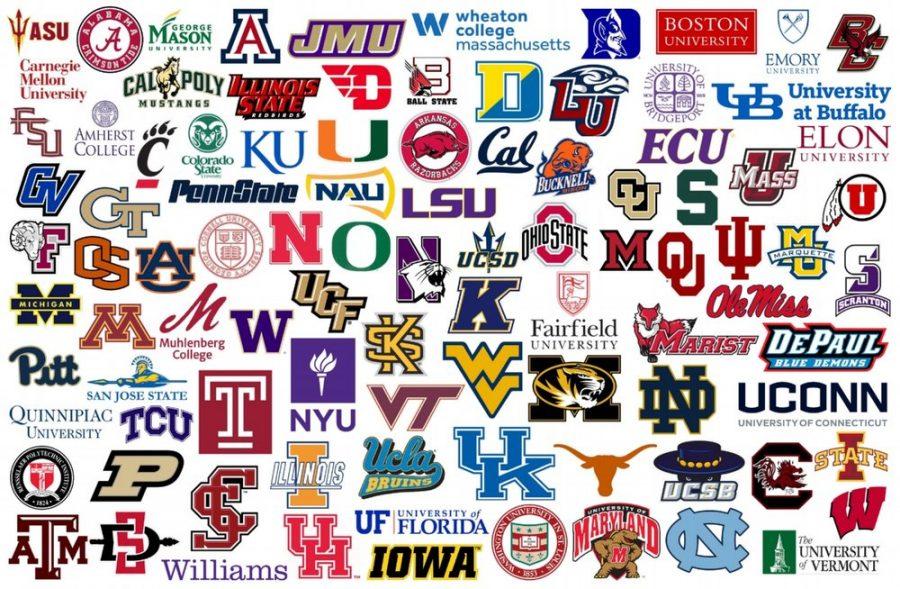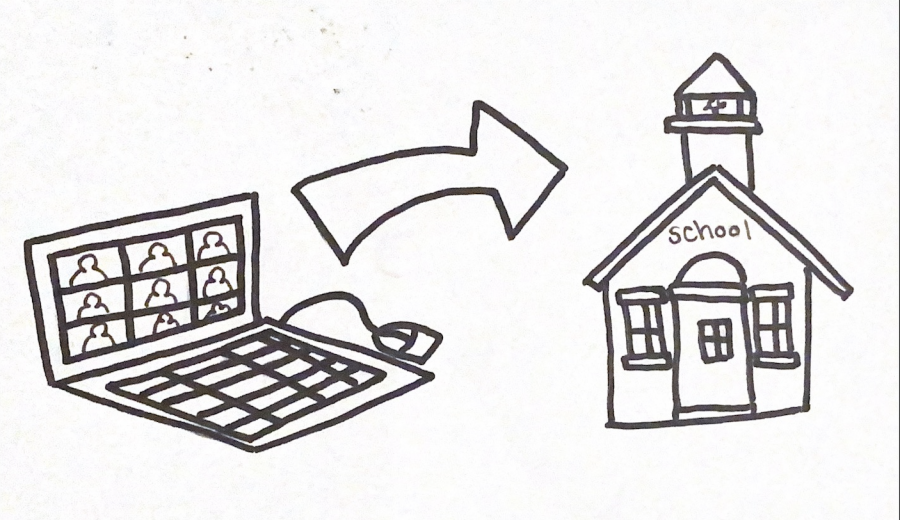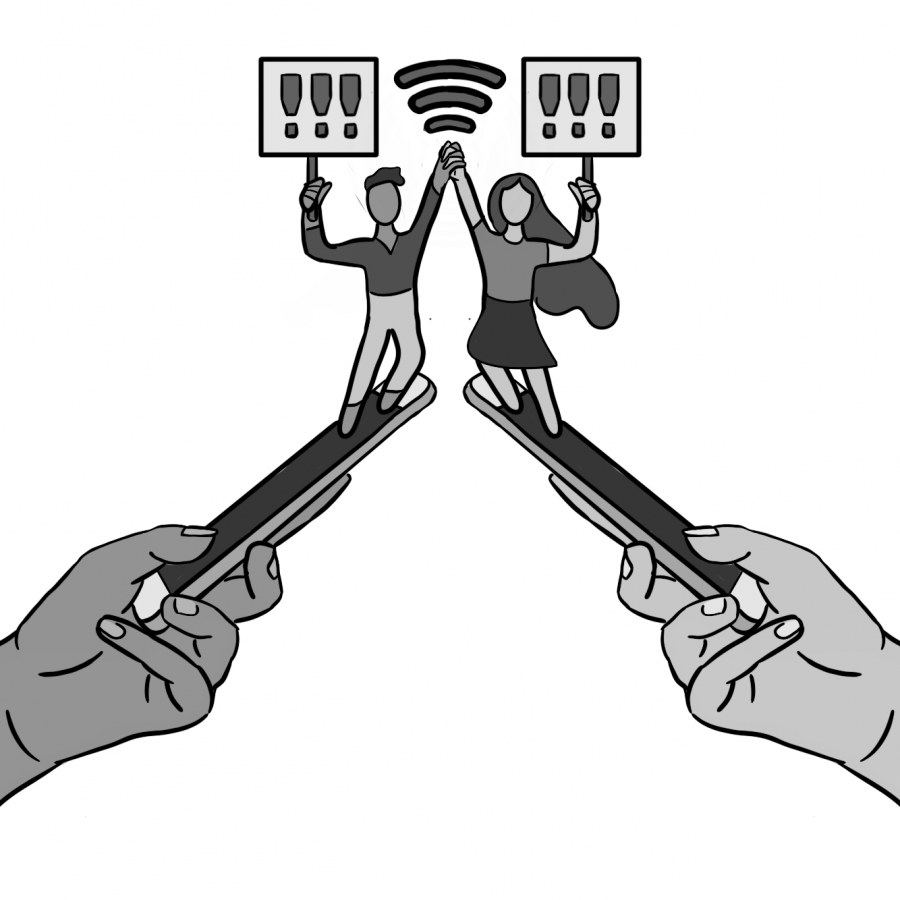After several monotonous hours of driving past windmills and cows grazing on sundried hills, it is finally lunchtime. You stop in a small town off the highway with some obscure landmark and an assortment of fast food restaurants. The internal debate begins. French fries and a Big Mac from McDonald’s versus a chicken sandwich and sweet tea from Chick-fil-A.
Debates like these not only involve taste, but ethics and morals as well. Balancing consumer habits with the actions of corporations and companies is a difficult task. Some people completely boycott brands that they view as corrupt, while others prioritize specific issues when they head to make a purchase.
“I prioritize environmental responsibilities and low carbon emissions when I shop [for clothing],” junior Odessa Dando said.
Brands like Forever 21 and Uniqlo have faced backlash for their “fast fashion” business model, in which they design and produce clothing at a rapid rate, often at the expense of quality and morality, said Dando.
“Many fast fashion brands use harsh labor and cheap materials to fuel their business, which is increasingly problematic,” Dando said. “I try my best to buy ethically, but it can be expensive and impractical at times.”
Contrary to fast fashion brands, clothing stores like Reformation and Everlane are making efforts to produce sustainably, and be transparent with consumers about their labor and material. The major downside of brands like these is the hefty price tag. Clothing from Reformation, a Los Angeles based brand, usually ranges from around $80 to $330, meaning that shopping at this sustainable store is far from accessible.
While consumers like Dando attempt to limit fast fashion purchases, others choose to boycott these unethical brands completely. A boycott is defined as the intentional abstention from using or buying a product as an expression of protests. Junior Wilson Wong and senior Abby Drake both practice boycotting.
“A friend and I have a list of brands that we refer to as ‘no no brands,’ and I try not to buy items from them, ” Drake said “However, this is complicated because I do not have control over the shopping that my parents do.”
This list consists of large parent companies such as Nestle, Kraft, Bayer, Coca Cola, PepsiCo, and General Mills. Abstaining from purchasing products produced by these brands can prove difficult, because these giant food conglomerates own dozens of smaller companies. For example, when you boycott the Kellogg brand, you are giving up not only Kellogg’s cereal, but also Pop Tarts, Pringles, Cheez-Itz, and Eggo Waffles, among other products.
Latest Stories
- April Crossword Key
- Update on Teacher Contract Negotiations
- Staff Reductions
- Student Perspectives On APT Negotiations
- Timeline Of Teacher Contract Negotiations
- TPH Weekly Playlist 8: Ryan Ehteshami
- Hiring of Tristan Keene
- Dive into Diversity Week
- Getting to know Julien Lee
- Got Microchips? Reece Beck Can Help




